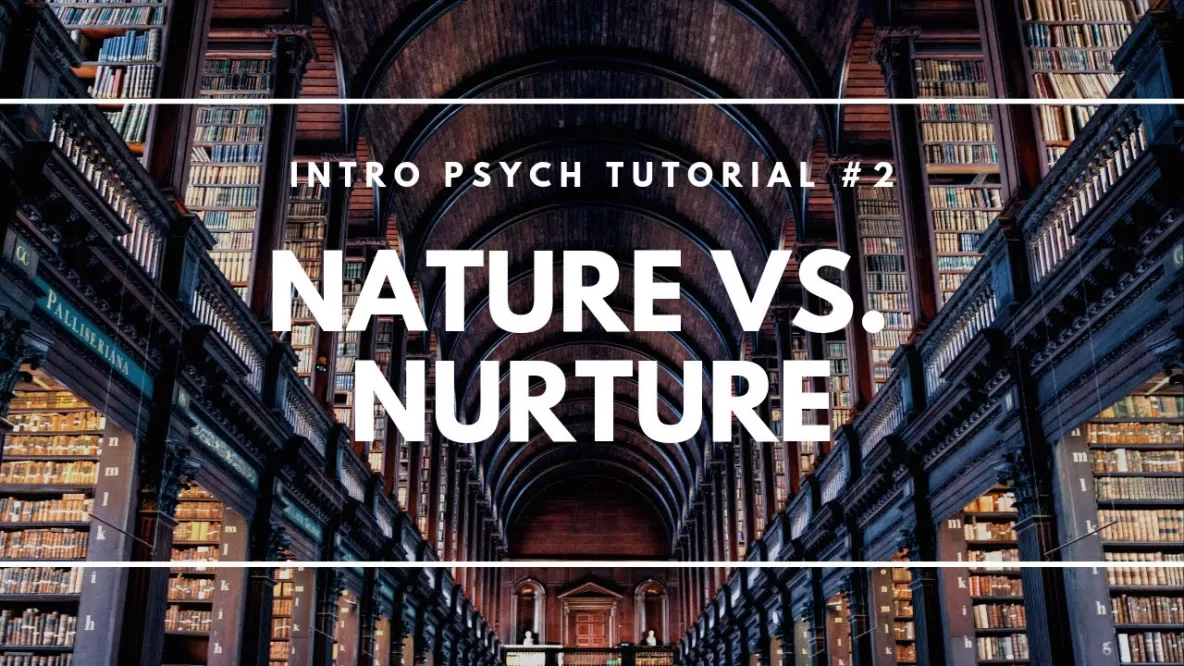In this video I describe the concepts of nativism and philosophical empiricism as well as modern views of the “nature vs. nature debate”.
Don’t forget to subscribe to the channel to see future videos! Have questions or topics you’d like to see covered in a future video? Let me know by commenting or sending me an email!
Viewers in China can find this video here: http://v.youku.com/v_show/id_XMTgzNjk1NTk2NA
Video transcript:
I’m Michael Corayer and this is Psych Exam Review, where I answer common questions and explain the key concepts in psychology.
In this video I’m going to talk about nature and nurture and this is a topic that actually goes back thousands of years so we’ll start with Plato, who lived around 400 BC.
Plato supported an idea known as nativism and nativism is the idea that all of our knowledge is innate or inborn, just waiting to be repealed to us and there are situations where this might seem accurate. After all, people do seem to be born with certain natural gifts, talents, and dispositions.
Aristotle, on the other hand, believed in what’s known as philosophical empiricism. And this is the idea that all of our knowledge comes from our experience with the world or our environment and this was described nearly 2000 years after Aristotle by John Locke with the expression that each of us is born a “blank slate” or in Latin, a “tabula rasa” which is just waiting for the environment to write upon us. And this also is kind of appealing because we do think how we might be different if we were born in a different family or we grew up in a different neighborhood or maybe we lived in a different culture. Certainly these things would change who we are.
These two ideas of nativism and empiricism are often described as the nature vs. nurture debate. But our current understanding is that it’s not really a debate; there’s not one side that’s going to “win”. We should probably get rid of the word versus and think in terms of nature AND nurture. Instead of a debate we should think of it as an interaction of these two forces and while it’s true that our genes do influence how we respond to our environment it’s also true that our environment can influence the expression of our genes.
So in the future we won’t be picking one side or another when we think about complex issues like why people have different IQs or why some people develop a mental illness and other people don’t. I hope this was helpful if so please like the video and subscribe to the channel for more.
Thanks for watching!

